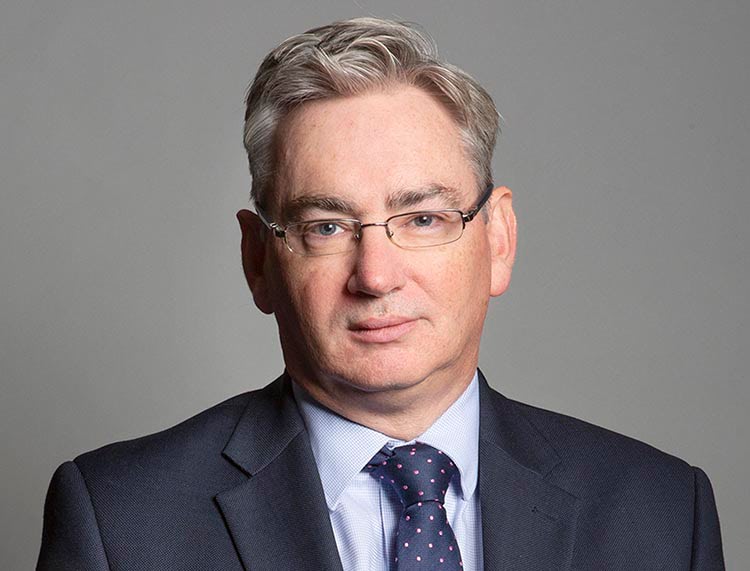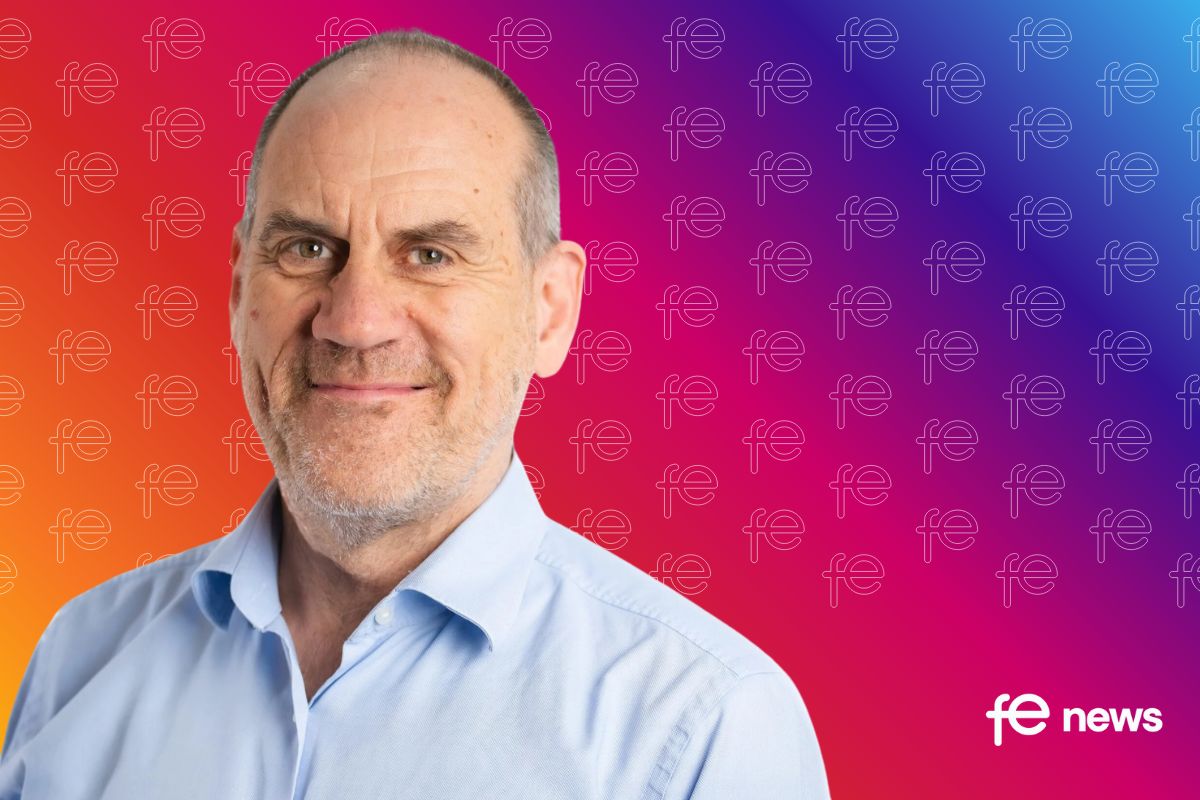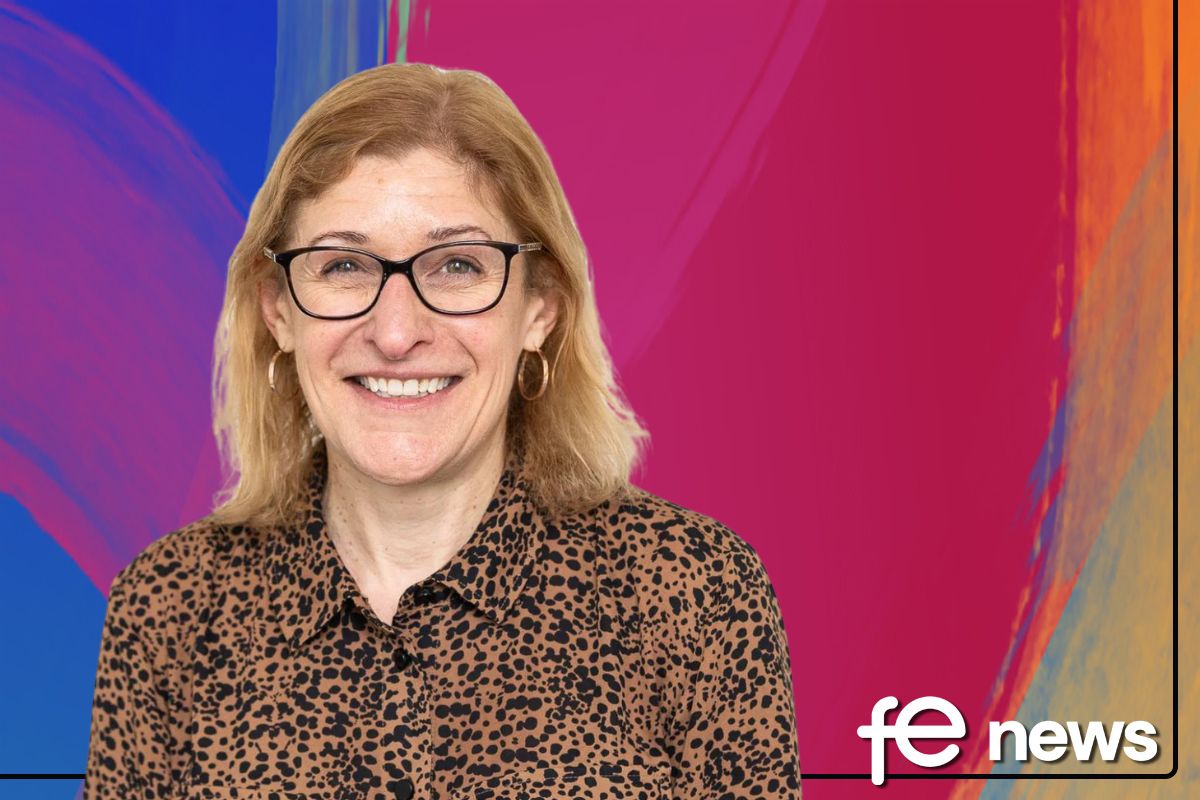Parliamentarians call for more funding for primary financial education as charities warn of ‘significant cuts’ to the sector

Today (28 May), almost 40 MPs and Peers signed a joint statement calling for financial education for every primary aged child across the UK, so that they leave the education system and transition into adult life with the knowledge, confidence and skills to manage their money well. This should be funded by unclaimed assets set to be released from the financial services sector by the Dormant Assets Bill. This bid for funding comes as financial education charities express deep concerns regarding speculation that there will be significant cuts to the funding allocated to financial education in the Money and Pensions Service’s (MaPS) upcoming budget.
38 MPs and Peers led by Julian Knight MP, Chair of the All-Party Parliamentary Group (APPG) on Financial Education, have signed a joint statement to show their commitment to high-quality and effective financial education for every primary child. This follows the launch of an inquiry by the APPG on Financial Education for Young People into primary financial education provision.
The statement, signed by Education Select Committee members David Simmonds MP, Christian Wakeford MP, Apsana Begum MP and Kim Johnson MP among others, emphasises the importance of instilling positive financial habits and attitudes towards money in children at the age these habits are first formed, as well as the need to build financial resilience in the next generation against future economic shocks, such as those experienced due to COVID-19.
In the statement, MPs and Peers also call for unclaimed assets, due to be unlocked from the saving and investment sector by the recently introduced Dormant Assets Bill, to be used to ensure every primary aged child across the UK receives an effective and high-quality financial education. However, leading financial education charities warn that the Money and Pensions Service’s goal to ensure 2 million more children and young people to receive a meaningful financial education by 2030 is at risk if speculated cuts to MaPS’ budget for financial education take place.
In a letter released today, The London Institute of Banking and Finance, MyBnk, KickStart Money, The Money Charity and Young Money express their dismay at potential significant cuts to the funding MaPS allocates to financial education in its upcoming Budget and warn this will ‘store up serious problems in the long term and risk the financial futures of the next generation’.
The organisations say the pandemic has made the case for financial education ‘more, not less, compelling, with children and young people at greater risk of growing up with financial anxiety and falling into poverty’. The charities urge MaPS not to let increased funding for debt advice be at the detriment of financial education and to ‘protect the financial futures’ of children and young people across the UK.
Julian Knight MP, Conservative MP for Solihull and Chair of the APPG on Financial Education for Young People said:
“I’m proud to lead this call for every primary child to receive a high-quality and effective financial education. The economic shocks associated with COVID-19 have clearly demonstrated the need for a financially resilient nation and, with money habits forming by age 7, it is imperative that we start teaching our children about money when they are at primary school.
“The expansion of Dormant Assets Scheme provides an opportunity to help make this vision a reality and equip the next generation, regardless of background, with the skills they need to make future financial decisions.”
Jane Goodland, Corporate Affairs Director at Quilter and Chair of KickStart Money said:
“I’m delighted that so many MPs and Peers are joining KickStart Money in calling for unclaimed assets set to be unlocked from our sector to be used to ensure every primary child receives a high-quality and effective financial education. However, speculation that MaPS might be set to cut funding for financial education risks the futures of the millions of children and young people who do currently receive financial education at a time of increased financial anxiety due to COVID-19.
“For years, we have been allowing our children to enter adult life without the money skills and behaviours they need to make sound financial decisions. The economic impacts of the pandemic should serve as a wake-up call to Government, which needs to provide increased investment and real leadership to ensure every primary child develops a positive relationship with money when financial habits are first formed in order to build financial resilience across the UK.”
Sharon Davies, CEO of Young Money (Secretariat of the APPG) said:
“It is essential for young people’s wellbeing in adult life that they are provided with adequate financial education from primary school age, when financial habits are first formed. Primary-age financial education will provide the building blocks of young people’s financial capability, enabling them to take sound financial decisions when faced with high-stakes money choices.
“High quality financial education at primary level requires adequate resourcing as well as teacher training and support to enable effective delivery within maths and PSHE in primary schools.”
On 14 May, the Government formally introduced the Dormant Assets Bill into the House of Lords with the purpose of legislating for the expansion of the Dormant Assets Scheme to include assets across the insurance and pensions, investment and wealth management (IWM), and securities sectors and removing the current restrictions on the English portion of dormant assets that require the funding to be spend on causes relating to youth, financial inclusion and social investment. The intention is for the social and environmental focus of these funds to be set by Ministers through secondary legislation. It is estimated that £880 million could be made available to support more good causes and social investments through this expansion.
On 17 May 2021, the All-Party Parliamentary Group (APPG) on Financial Education for Young People launched an inquiry into the provision of primary financial education to map the primary financial education intervention landscape; collate evidence and outcomes of interventions to date; identify mechanisms which would maximise the delivery of financial education for primary pupils; and make recommendations to government and other actors with the aim of ensuring every child receives a high quality and effective financial education. The Chair of the All-Party Parliamentary Group (APPG) on Financial Education for Young People is Julian Knight MP and the Secretariat of the APPG is financial education charity Young Money.











Responses